Tribute to Black Stalin: This time tomorrow
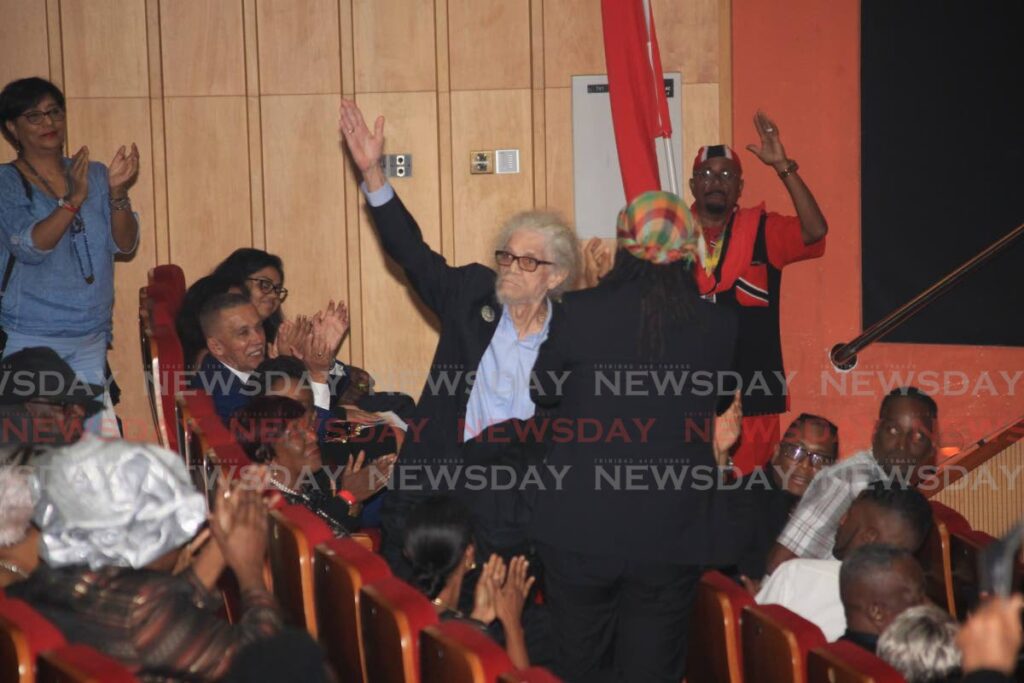
TONY DEYAL
I start work on my newspaper columns early in the week, thinking about and finalising what I would write about, and then every Wednesday morning sitting down in my study and putting the pieces together to ensure I have a hard core of truth in the midst of humour and novelty.
So, when my wife, Indranie, saw Monday and Tuesday passing and no attempt by me to write anything, or share my ideas with her, and then finally this morning seeing me make my cup of coffee and take up my computer, she asked, “You doing your column now?” Focused on my ideas, I answered abruptly, “Yes. Yes.” She looked at me and said, “Well, it’s about time!” And again I replied, “Yes, yes, it’s true. That is what I am writing about this week! Time.” She had the last words, “You wasted enough this week, so you better stop talking and start!”
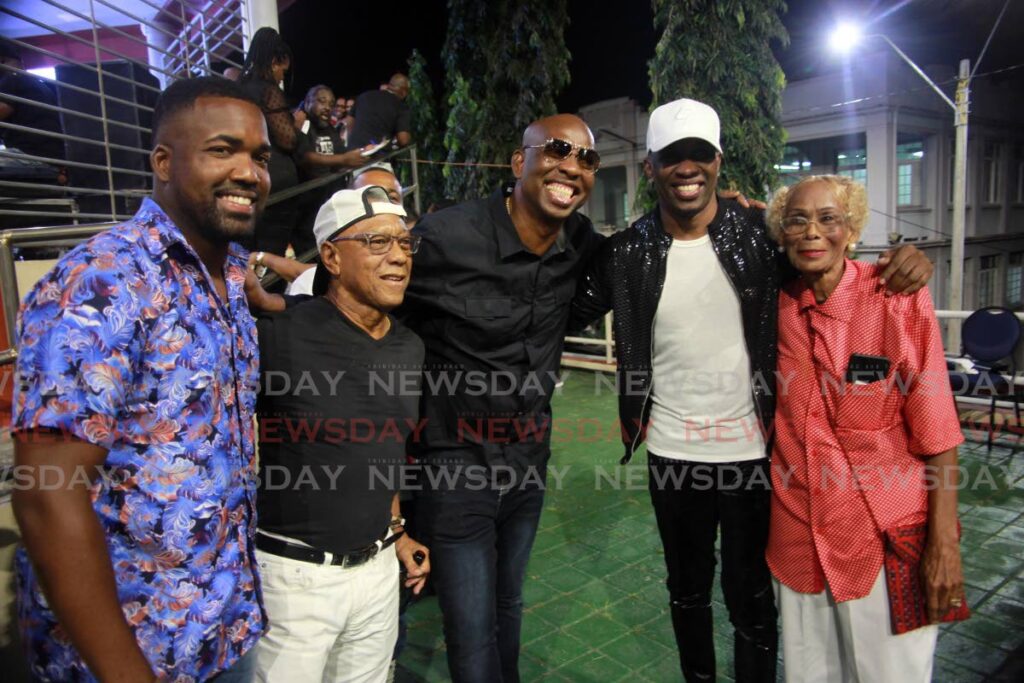
At 77, heading this year into 78, one thing I know is that every old so and so like me is a time machine with a twist. We learnt that “time and tide wait for no man” but then we’re told, “No man is an island.” In that case, what should we do? Hang down our heads like Tom Dooley and wonder, "This time tomorrow, / Reckon where I’ll be? / Down in some lonesome valley, / Hanging from a wide oak tree?" Or should I focus only on my future, knowing that time is a great teacher, but unfortunately, it kills all its pupils?
Robert Frost, the American poet, who wrote about the road not taken, put it in perspective, “Time and tide wait for no man, but time stands still for a woman of 30.” Some of us will stand still regardless of her, or our, age. Then, when I take a shave in the mirror, I learn another truth, “Time is a great healer, but a poor beautician.” We all know that time is money, especially when you talk to a lawyer or a doctor, and no man goes before his time unless the boss leaves early, so every day I tell myself that I’m going to stop putting things off, starting tomorrow.
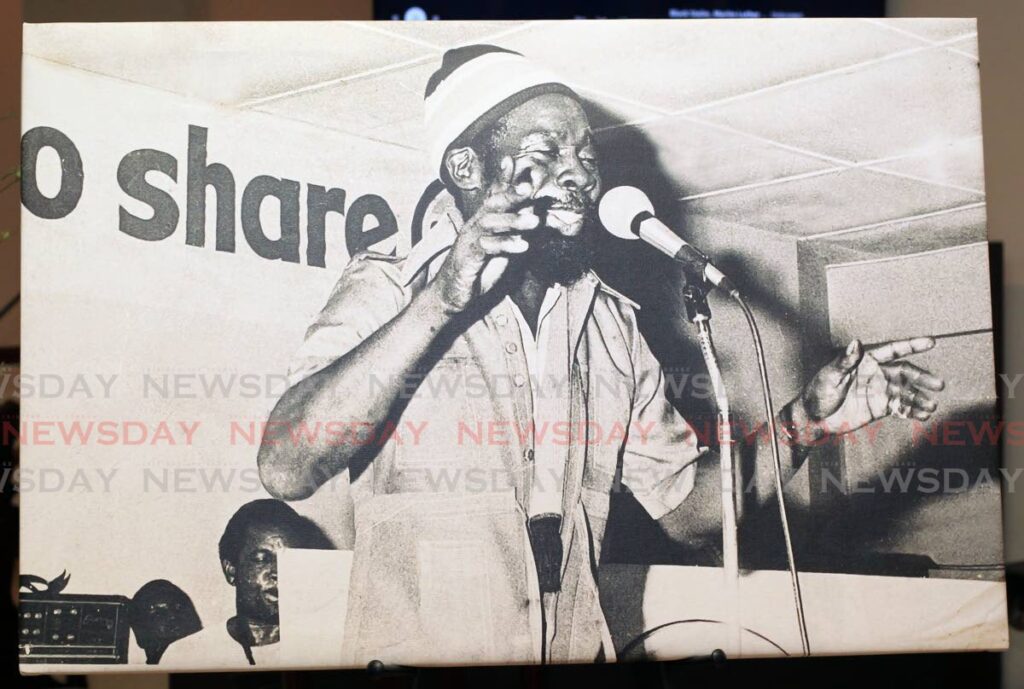
Wednesday January 3, 2023. - ROGER JACOB
I did that once. I tried a now and never like what happened to one of my friends who was responsible for the television news throughout the Monday and Tuesday of Trinidad’s national Carnival. A young lady he was “chatting up” with intent, saw him in the TV station on the Carnival Monday, hard at work writing the news report, and suggested she would be willing to go to the beach with him on the next day. “Everybody will be in town for the Carnival,” she told him, “so we could go and have a good time by the sea.” He knew what he would be missing but had to tell her the truth, “Girl, I would really like to go and spend some time with you on the beach. However, I have to write the news for tomorrow.” She was extremely upset and demanded an explanation, “So why you can’t write it tonight?”
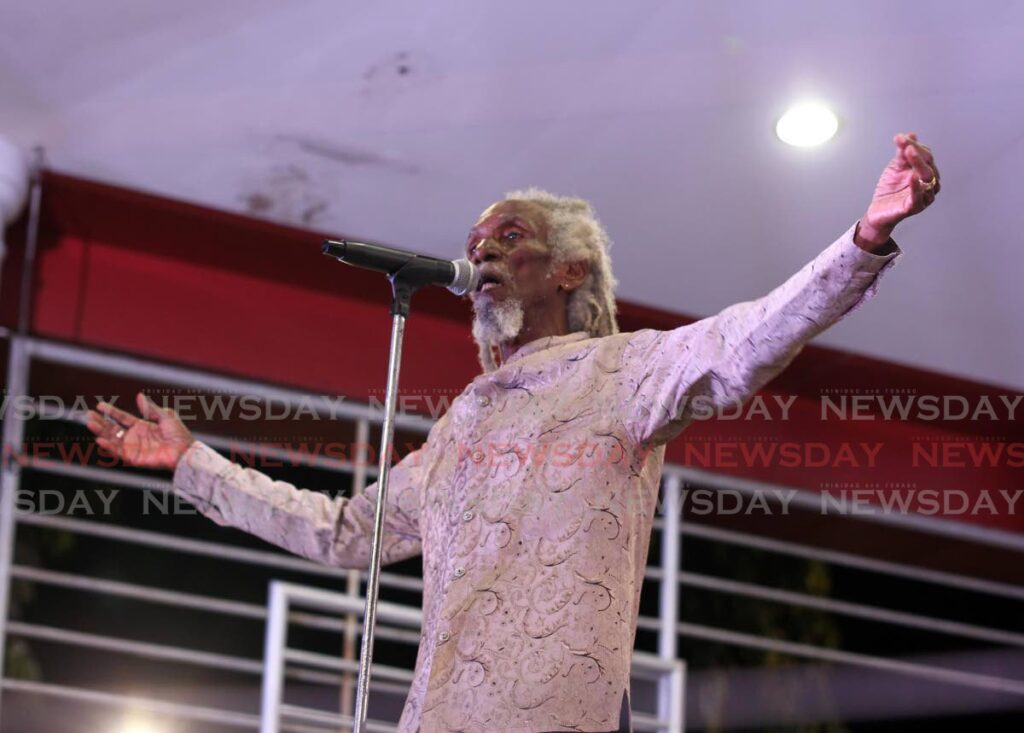
My episode concerns my friend the great calypsonian, Black Stalin (Leroy Calliste) who died last week and to whom this article is dedicated. I had graduated in Canada in 1974 and managed a nightly government television programme. At Carnival time, I spent every night in the calypso tents, ensuring that I invited several of the performers to do a session with me on either the Monday-to-Friday 15-minute show right after the TV news (Face of the Nation), or a 30-minute, Wednesday-night discussion programme, Issues and Ideas. I got a chance to meet and know most of the calypsonians, but I got along best with Stalin and his two close friends, the calypsonian, Valentino, and musician Roy Cape.
Then, in 1997, Stalin came out with a double-whammy (Caribbean Man and Play One), that I was sure would make him calypso monarch. He not only got time on my show, but his tent was my nightly hangout. I was almost as elated as he was when Stalin was selected for the finals of the national calypso competition. The problem was that after many days of Carnival, my first show would be on the Wednesday night. I had other things to do that night, as did most Trinis who had spent many sleepless nights in the steelband yards, calypso tents and fetes.
What Stalin and I did was something we both never forgot. I had left Trinidad and was working for PAHO in Barbados. I had to fly to Trinidad and as I entered the plane heard this loud call, “Tony! Tony! Come!” It was Stalin, and he said, “Sit down, sit down. I have a new calypso for you to hear. Tell me what you think.” It was about one of his close friends from boyhood, the chutney singer, Sundar Popo, who had promised to write a song for him and never delivered. After Stalin sang the first verse and chorus, “Sundar way de song/ Sundar way the song/ Sundar way de song you promise me so long…” we started talking about the past and our “Carnival Wednesday night” or “Ash Wednesday” con. Then, in 2017 when I returned to Trinidad and went with poet and writer, Dawad Philip, to see him, Stalin was unable to speak, so I sang a few of his songs, including Sundar, and then mentioned our con. We both remembered and laughed.
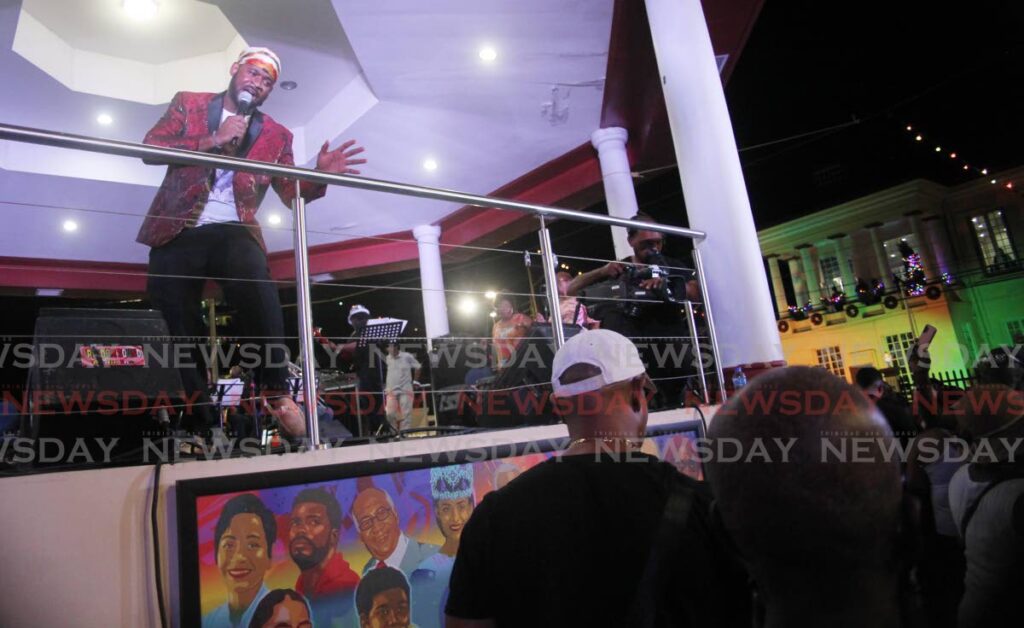
As I do now, remembering the event. It was clear to almost everyone in Trinidad and beyond that Stalin would win the 1997 calypso monarch crown. My Wednesday-night programme Issues and Ideas which my daughter, Marsha, called Excuse Of Ideas was live, so I had no choice but to come up with an idea which I shared with Stalin. He, even more mischievous than the rest of us, went for it big time. This was the first and only time our show was taped. There we were, almost two weeks before the calypso monarch competition, doing a “live” interview with Stalin. I had the moderator, as well as the girls and boys present, shooting questions at Stalin like how he felt about winning the crown and the stories behind the two calypsoes that won him the prize.
Surprisingly, we had a large audience that Ash Wednesday night when the show was run, and I caught my ash explaining to my boss why the show was taped and why I pulled a con that brought the Office of the Prime Minister into disrepute.
There was a lot more, but it was like water off a duck’s back, and I didn’t give a quack. I called Stalin and started with my customary, “Hey Leroy! Your Mama’s calling you boy…” He was elated about the many people calling him and how well the show went. Now, almost 46 years later, Wednesday was the public viewing and Thursday was Stalin’s funeral. All I can say, here and now, is, “No longer seek we his merits to disclose/Or draw his frailties from their dread abode/ (There they alike in trembling hopes repose)/ The bosom of his father and his God.” (Thomas Gray – Elegy Written In A Country Churchyard.)
Tony Deyal, while lamenting the deaths of several of his friends and not spending enough time with them, learnt a lesson for whatever time he has left, “The bad news is time flies. The good news is you’re the pilot.”

Comments
"Tribute to Black Stalin: This time tomorrow"